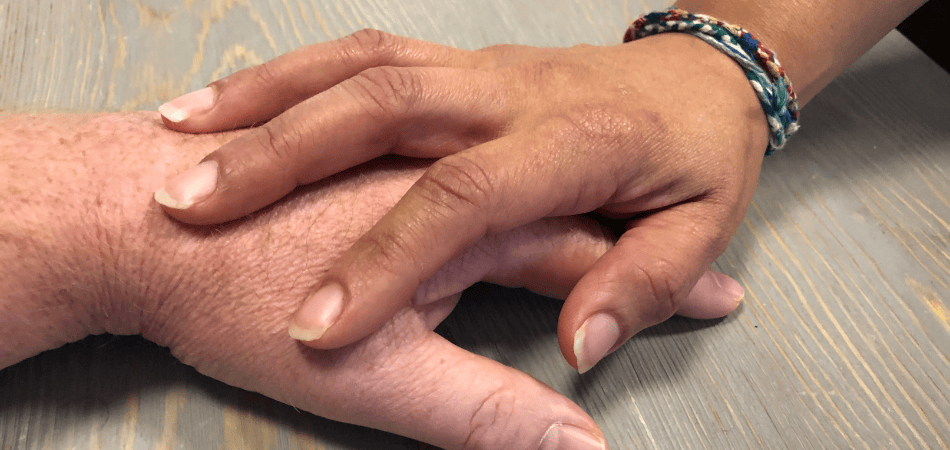
Written by:

Medically Reviewed by:
Last Updated:
March 31st, 2025
While not everyone will have a negative reaction when combining alcohol and Metronidazole, it is best to be cautious and avoid mixing the two.
Metronidazole (Flagyl) is an affordable multipurpose medication that is MHRA-approved to treat a variety of infections including skin infections, rosacea, bacterial vaginosis and pelvic inflammatory disease. It is not only a strong antibiotic, but it is also an antiparasitic.
A prescription of Metronidazole is accompanied by a warning from doctors to avoid alcohol while taking the medication.
If you are battling with a dependency on alcohol and have been prescribed Metronidazole, contact Primrose Lodge to help you overcome your dependence and help you along the path to recovery.
How does alcohol interact with Metronidazole?
When combining Metronidazole and alcohol a disulfiram-like reaction may occur. This reaction is comparable to what happens if an individual drinks alcohol with Disulfiram (Antabuse), a medication designed to cause uncomfortable effects after drinking alcohol in someone with an alcohol addiction.
What are the side effects of combining alcohol and Metronidazole?
There have been multiple side effects when using alcohol and Metronidazole together including:
- Severe nausea
- Headaches
- Vomiting
- Rapid Heart Rate
- Flushed Skin
- Dizziness
Alcohol also interacts with the effectiveness of Metronidazole, potentially leading to a return of the infection for which it was prescribed.
Is Metronidazole addictive?
While Metronidazole is a commonly prescribed antibiotic, addiction to the medication is not well understood. In order to avoid addiction and subsequent addiction-related problems, it is important to adhere to the doctor’s instructions regarding the use of Metronidazole. If addiction or any side effects are experienced while taking this medication, medical advice should immediately be sought.
Can I take Metronidazole with alcohol?
It is not recommended to consume alcohol while taking Metronidazole. While the research on this combination is not clear-cut it is often the case that doctors will err on the side of caution due to laboratory studies with animals that have produced negative results.
What if I only have a couple of drinks with Metronidazole?
It is generally not recommended to have any alcoholic drinks while taking Metronidazole. If you choose to drink while on the medication, it is important to be aware and monitor your body’s reaction. It is also recommended that patients speak with a healthcare provider about taking it with alcohol before beginning treatment with metronidazole and discuss any alcohol consumption plans.
To ensure that the entire course of treatment is successful, it’s best to abstain from drinking alcohol for at least 72 hours after completing a round of Metronidazole.
Are specific patients at a higher risk when mixing alcohol with Metronidazole?
Some studies have revealed that specific patients may be at a higher risk when mixing alcohol with Metronidazole such as:
- Female patients – Women typically have lower body water levels than men. This can result in higher blood alcohol levels even when drinking the same amount as men.
- People over the age of 65 – Due to increased sensitivity to alcohol in older people in general.
- Patients with liver issues – The liver is responsible for the breakdown of both metronidazole and alcohol. If the liver is not properly functioning, a buildup of both substances can occur.
Depending on the specific medical condition being treated, as well as certain lifestyle factors such as excessive alcohol consumption and underlying health issues, patients may be more susceptible to harm when mixing alcohol and Metronidazole.
What if I have an alcohol addiction and I am prescribed Metronidazole?
If you are facing an alcohol addiction, understanding the risks and the possible consequences of mixing alcohol with medications is vitally important. While studies are not entirely clear, if you are prescribed Metronidazole for any condition, negative interactions with alcohol are possible.
Therefore, when considering treatment options or alternatives to replace self-medicating alcohol consumption, talk to your healthcare provider about what preventative measures you can take and examine your alcohol rehab treatment options.
When can I start drinking again after my last dose of Metronidazole?
It is generally recommended to refrain from alcohol consumption for at least four days after your final dose of Metronidazole. You may need to prolong your return to drinking if you have existing liver problems or take certain medications.
If you have any concerns regarding drinking again after Metronidazole, it is a good idea to consult your healthcare provider about the specific situation so that any health and safety considerations can be discussed in detail.
How do I get help if I have an alcohol addiction and I am prescribed Metronidazole?
While Metronidazole addiction is rare, alcohol addiction is common and requires a multi-faceted technique to treatment, involving detox, rehab and aftercare.
Detox
Alcohol detox assists the body to rid itself of the substances and stop physical dependence. This can be potentially dangerous as alcohol is not easy to quit on your own and may require professional attention.
Rehab
Our alcohol rehab treatment programmes involve the equivalent therapies and treatment methods all of which have been proven effective in helping people beat alcohol addiction.
Aftercare
Aftercare is vital because it reduces the risk of relapse after you have completed rehab. Our alcohol aftercare programmes include free weekly group therapy sessions for one year after you leave Primrose Lodge to provide ongoing support, advice and guidance.
If anything in this page resonates with you and you are concerned about mixing Metronidazole and alcohol use in yourself or someone else, do not hesitate to get in touch with us today.




